A bold call for a digitally unified government, capable of streamlining services and boosting national efficiency, was placed squarely before the Minister of Information Communication Technology (ICT), Tatenda A. Mavetera, at the recent Tech Convergence Fora 2025.
The challenge was issued by the CEO of Mornipac and Cybersecurity expert Dr. Whisper Rukanda, during a pivotal Q&A session. Dr. Rukanda advocated for the urgent integration of all government systems onto a single, cohesive platform, a move he argued would eliminate bureaucratic redundancy and create a seamless experience for citizens and businesses interacting with the state.
Minister Mavetera acknowledged the proposal and revealed that the groundwork for such an ambitious project is already in motion.
“We as government had what we called the enterprise architectural modelling which was an E-government platform we had proposed for us to integrate all these systems,” the Minister stated.
She confirmed that initial steps have been taken, specifically mentioning the standardisation of government emails, but admitted the journey is complex.
“It’s quite a process… we just hoping that we’ll be able to have more investment so that we conclude on it,” Mavetera added, highlighting funding as a critical component for the project’s completion.
The benefits of such a system for Zimbabwe are profound. An integrated e-government platform would fundamentally transform public service delivery. Citizens could access everything from birth certificate applications and passport renewals to tax filings and business registrations through a single, secure digital portal. This would drastically reduce corruption opportunities, cut down processing times from weeks to hours, and enhance transparency across all government departments.
In the same breath, Hon Mavetera emphasised that integrated data is key to informed policy-making. “We really need to make sure even our data is also integrated in a way,” she said, pointing to the potential for data-driven governance to improve resource allocation and national planning.
Crucially, the Minister pointed to a cost-effective pathway to achieve this transformation, leveraging open-source technology. This approach would allow Zimbabwe to avoid the exorbitant costs of proprietary software, customising proven, scalable solutions to meet local needs without, as she put it, reinventing the wheel.
Zimbabwe would be following a proven global blueprint. Nations like Estonia, a world leader in e-governance, have demonstrated how a fully integrated digital state can attract investment and create a more efficient society. Similarly, India’s India Stack, a set of open-source APIs for digital identity, payments, and data sharing, has revolutionised financial inclusion and service delivery for over a billion people.
During the event another expert also voiced out to say that the government has to fully migrate to a full digital system in collecting information as the very step to a much bigger vision.


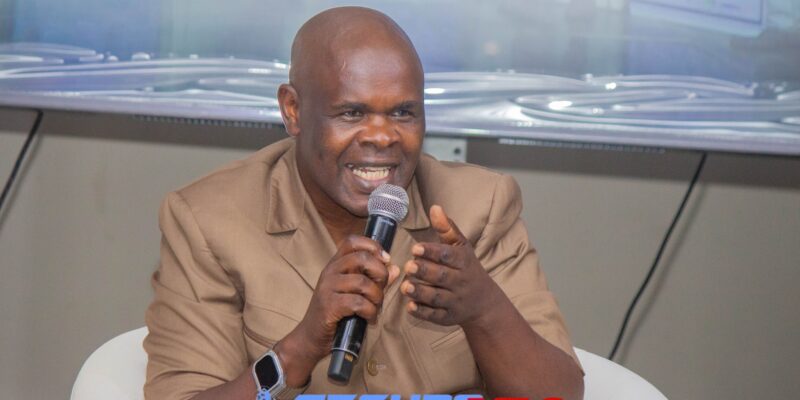

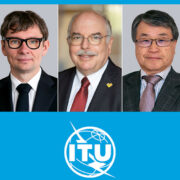
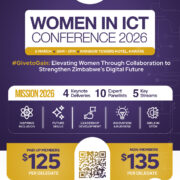
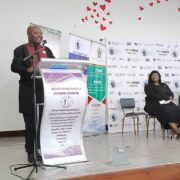

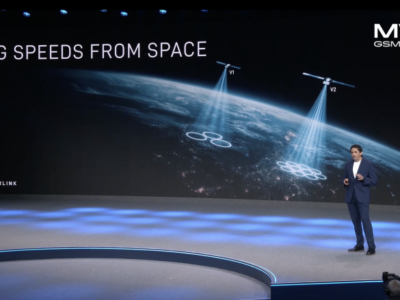

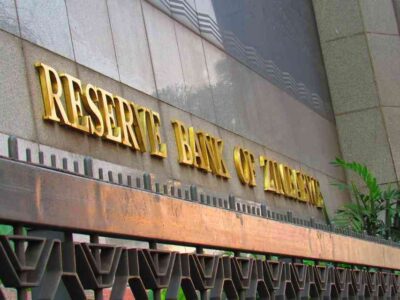



Comments